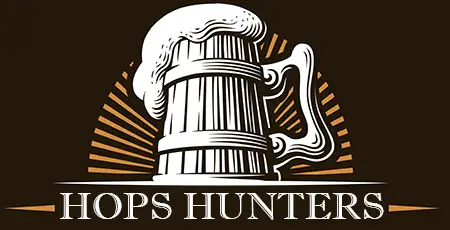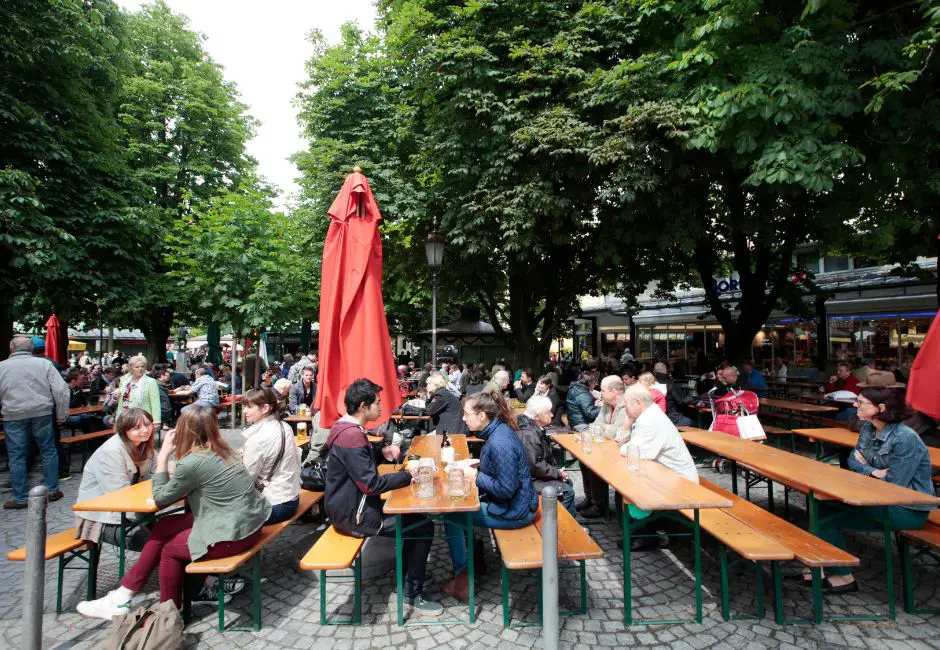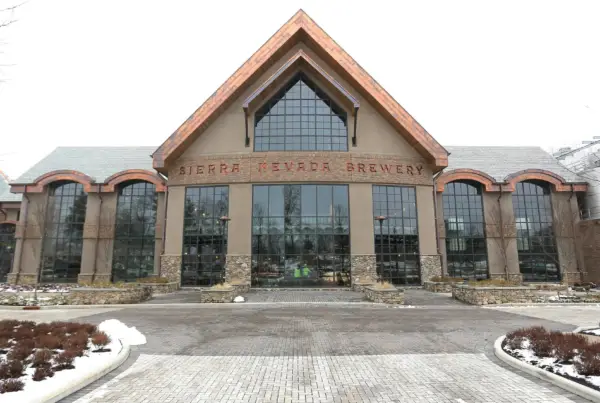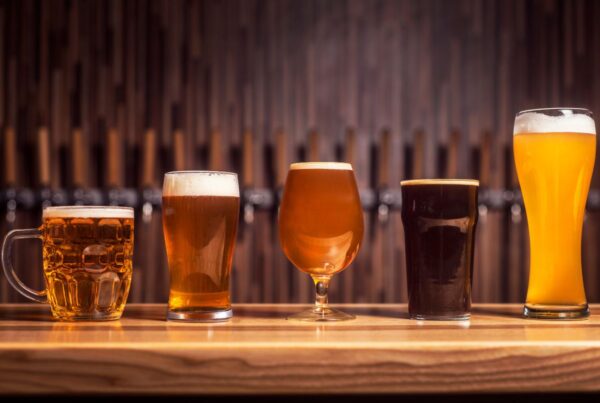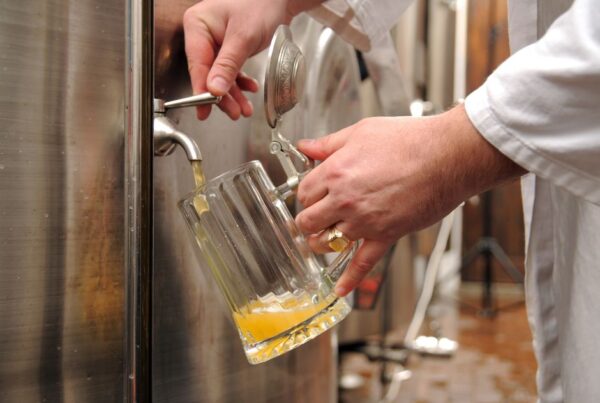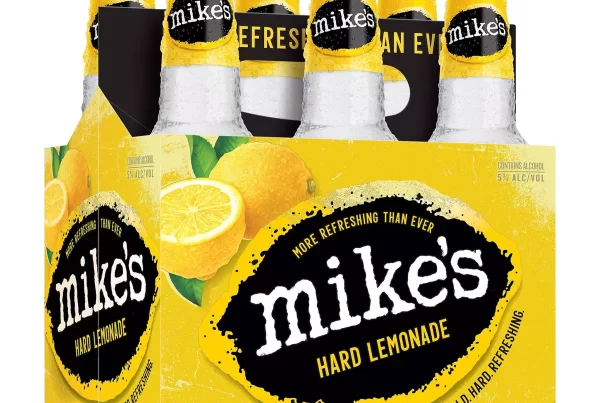These days, it seems just about every new bar with a backyard, a picnic table, and a German beer on tap is quick to call itself a beer garden.
But are these places actually beer gardens?
And have you ever wondered why we call places “beer gardens” in the first place?
Why not “ale arboretums,” or “suds sanctuaries,” or “lager-scapes”? I mean, who wouldn’t want to hang out in a “lager-scape” all day? But I digress.
Let’s get back to the matter at hand: beer gardens. What are they, and why do they call them that?
Why Do We Call Them Beer Gardens?
The term “beer garden” finds its roots in the German word biergarten, which—you guessed it—means “a garden where beer is served.”
The social tradition of drinking beer outdoors in gardens goes all the way back to the 16th century in Munich, Bavaria. Biergartens arose in response to the city’s breweries struggling with the challenge of keeping their beer cold during the summer months.
Back then, breweries in Bavaria were forbidden from brewing beer from May to September. For one thing, Bavarians had just discovered that fermenting at cooler temperatures resulted in better tasting beer. And for another, their breweries had a nasty habit of catching fire during summer due to the coal and heat involved in the brewing process.
Brewers ended up storing large quantities of beer underground in cellars since they could only brew for part of the year. To keep the beer cooler, they planted chestnut trees over the cellars for shade.
Fun fact: That’s why you see so many chestnut trees around Munich today.
It didn’t take long for someone to put zwei and zwei together and realize that these cool, comfortable, shady areas beneath the chestnut trees were ideal spots to serve the beer that was stored there. Thus, the first beer garden was born.
Today, in addition to craft German-style brews, beer gardens typically also serve traditional German finger foods like sausages and pretzels.
But let’s clear up a common misconception: just because a bar serves a list of German beers and has a German/Bavarian theme doesn’t necessarily make it “a beer garden.” By definition, beer gardens are outdoor, open-air spaces. (And just having a few picnic tables outside next to a parking lot, does not a beer garden make.)
In other words, there are no such things as “indoor beer gardens”—just bars with delusions of grandeur. (Who are also missing the opportunity to label themselves a “beer hall.”)
Why Do People Like Beer Gardens So Much?
Well, the real question is, what’s not to like?
Beer gardens allow patrons to enjoy the great outdoors while sipping on their favorite brews.
And whether it’s a warm summer evening or a crisp fall afternoon, there’s nothing like enjoying a cold beer under the open sky.
The rustle of leaves overhead, the laughter of friends, and the clink of glasses as you toast to good times.
Fun fact: Traditionally, beer gardens are built with seating much closer together than at a normal pub specifically to encourage socialization among strangers.
Famous Beer Gardens
The World’s Largest Beer Garden
In Munich, the birthplace of the beer garden concept, the Königlicher Hirschgarten holds the distinction of being the world’s largest beer garden. Established in the late 1700s, this massive, open-air wonderland can accommodate 8,000 gardeners.
Fun Fact: Newbies at the Hirschgarten are often caught off-guard that they’re one of the few beer gardens to maintain an old tradition of having guests fetch their own beer mugs from a cupboard at the bar and wash them out with cold water before presenting them to the bartender to have fresh draft beer poured for them.
What Is the Oldest Beer Garden in America?
You won’t find many 16th century beer gardens on this side of the Atlantic. In fact, for those of us stateside, the oldest beer garden we have is the Scholz Garten in downtown Austin, TX.
Established by a German immigrant named August Scholz just after the end of the Civil War, this joint quickly became a hub for German immigrants and culture deep in the heart of Texas.
And get this: Scholz Garten isn’t just the oldest beer garden in the country, it’s also the oldest operating business in Texas.
What Is the Oldest Beer Garden in NYC?
The oldest beer garden in NYC is the Bohemian Hall and Beer Garden in Astoria, New York.
Founded in 1910 by Czech and Slovak immigrants, this historic establishment has been serving brews to the good people of the Big Apple for over 100 years—including through Prohibition. Now that’s some serious staying power.
Final Thoughts
From their origins in 16th century Munich to their modern-day iterations serving craft brews around the world, beer gardens have always been about more than just ales or lagers—or gardens, for that matter.
They’re about community. They’re about camaraderie. They’re about enjoying the simple pleasures in life.
When you’re in a beer garden, the clock seems to stop ticking, and all that matters is the here and now—and, of course, your next refill. Prost!
